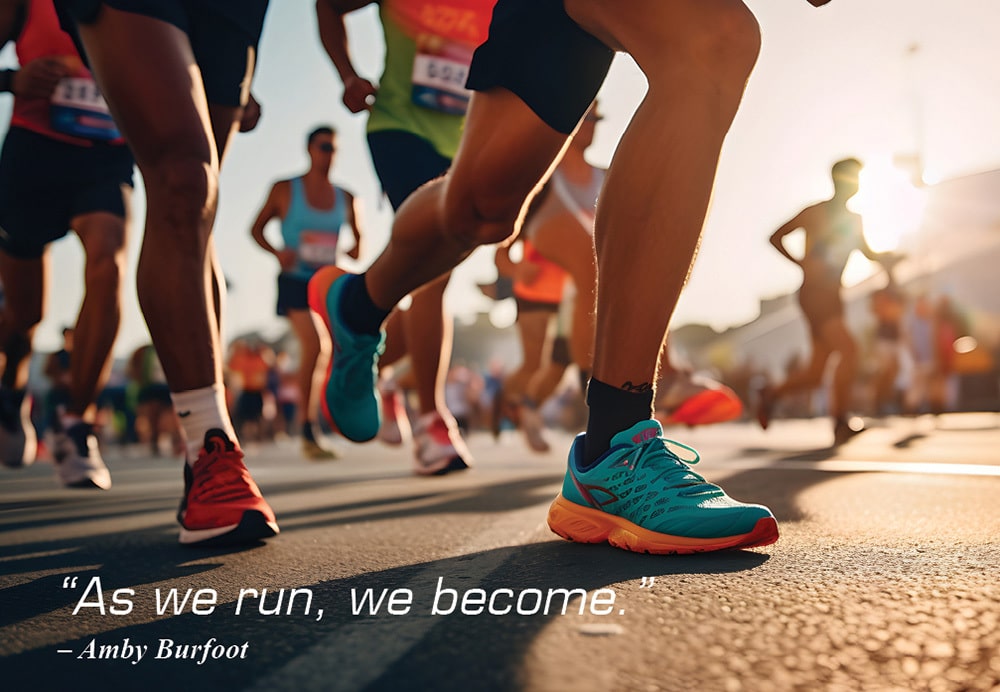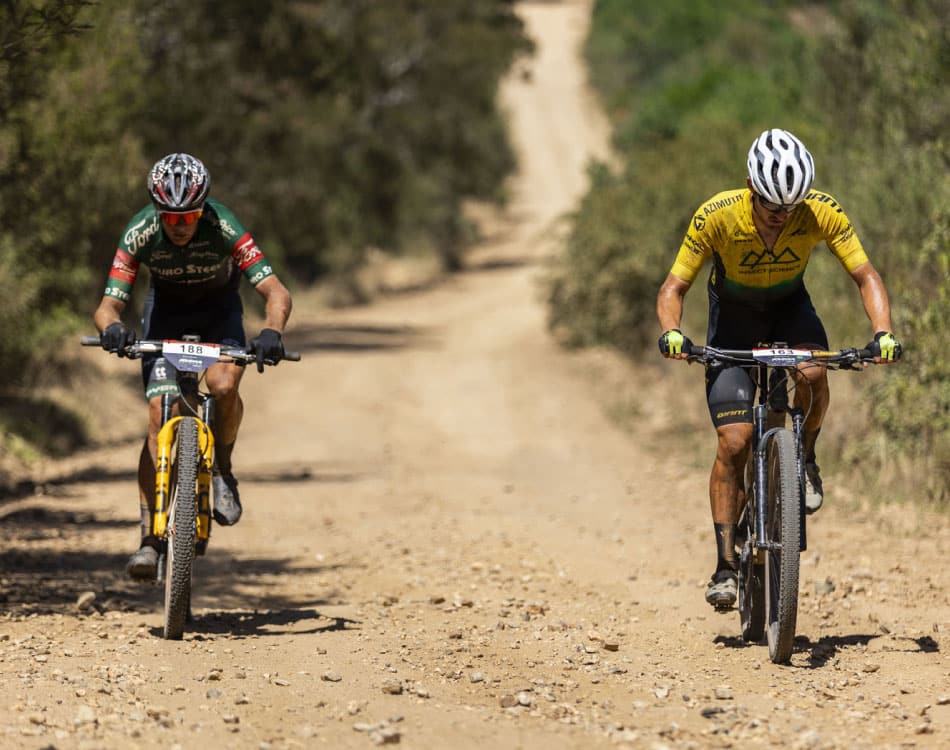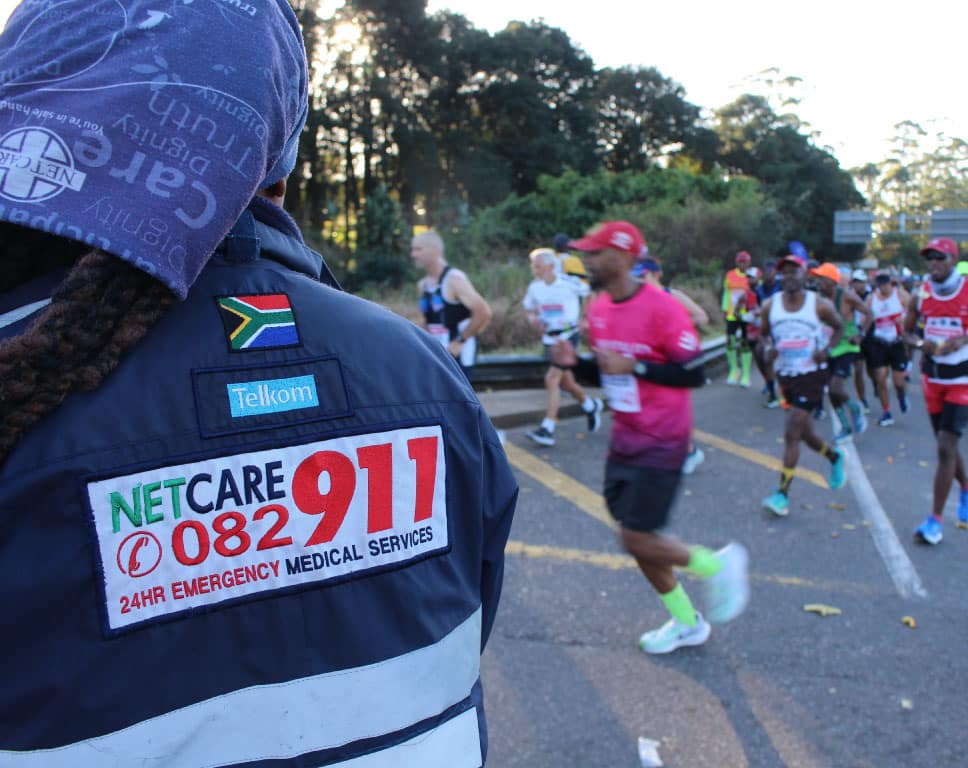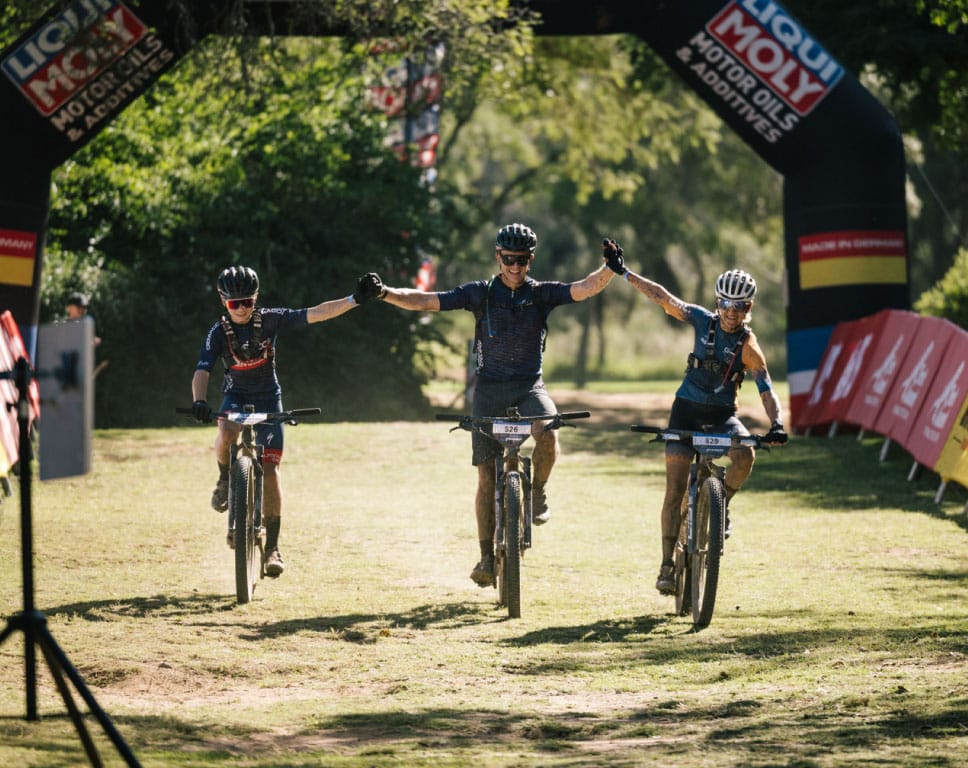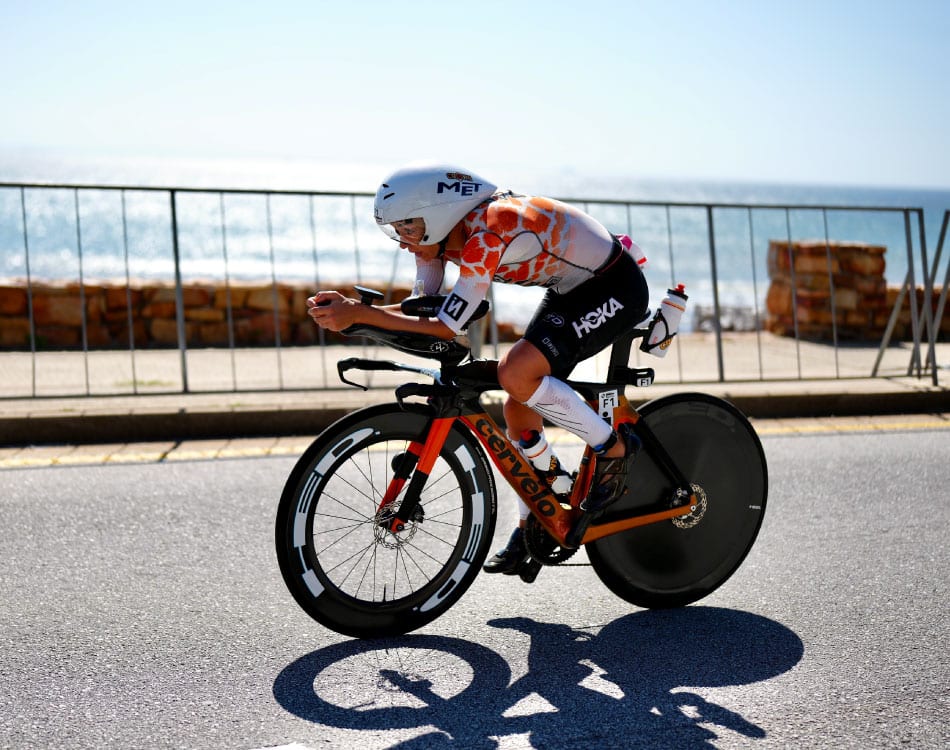The Comrades up run is a serious 87km test for the mind and body with its unrelenting climbs and over 1600m of elevation, which requires the proper taper to arrive at the start line with fresh legs.
While training, preparation and the right pacing and nutrition approach on race day are all vital elements to achieve your goal time, getting the taper right can make or break your race.
READ MORE | Why Every Athlete Should Consider A Coach
Line up feeling ready to race
“Tapering for an ultra-endurance event like Comrades is very different from a marathon. It’s more than double the race distance and consists of arguably two of the hardest marathons you’ve ever run, back to back,” explains Nedbank Running team manager Nick Bester.
As a former Comrades champion and manager of multiple past male and female winners, Nick know what it takes to conquer the up run.
These are his four tips for the week before the big day:
#1. Rest up but keep moving
“Training in the week before the race won’t make you fitter, faster or stronger, so avoid any speed session or hill training,” recommends Nick.
“You need to rest to let your body recover from the training and arrive at the start line feeling fresh, but that does not mean you must sit around doing nothing!”
While the elites in the Nedbank Running team will still do a few pick-ups in the week before the race, Nick says the average Comrades runner should engage in easy training over short distances.
“You still need to get oxygen to muscles and tissues because that is how you promote recovery, which requires stimulating blood flow with regular movement.”
Nick recommends easy jogs, walks or cycling to keep the legs moving and the blood flowing to oxygenate muscles.
“The total distance for the week for the race depends on the peak mileage you achieved during your training block. I recommend a total distance for the week that is 4-5 times less than your peak mileage. For the pros, who peak between 160-200 km in training, that is roughly 30-40 km,” adds Nick.
Nick also suggests that you add stretching and mobility to your daily routine, but never on cold muscles. “Perform these stretches and drills after your daily run, walk or ride. And keep doing core exercises to maintain your strength until race day. This is important if you are on your legs for 9-12 hours.”
#2. Adjust your diet
While you need food to support recovery and fuel your race, you don’t want to add weight in the week before the race.
“Eating and drinking the week before the race is very important, but you must stick to what your digestive system is used to. Don’t eat where you don’t know the food is fresh, and make your own food whenever you can,” continues Nick.
You also need to adjust your intake in line with your reduced training volume by eating less than you did during your peak training weeks. My advice is to eat a little less every day, but keep the foods and drinks the same.”
Nick recommends ramping up your carbohydrate intake three days before the race to fill your glycogen stores.
“Fuel with Biogen Recovergen in the morning and evening, and use Biogen Carbogen as a drink alongside your normal meals for extra carbs. It is important to add carbs to your normal eating plan while not displacing proteins and fats, which are also very important.”
A balanced diet is essential to get sufficient vitamins and minerals, particularly vitamin C, iron, and the electrolytes – magnesium, sodium, and potassium – to replace what the hard training has depleted.
“We take Biogen Platinum products like Biogen Vitamin C 1000 mg, Biogen Iron Plus and Biogen Electrolyte+effervescent tablets to get these nutrients in sufficient dosages, which we take after meals with lots of water.”
Eating a solid breakfast on race day is another important consideration. “Get up 2.5 hours before the race and eat something. You don’t need a big meal, but you need to get some carbs and protein in. A carb-protein shake like Biogen Pure Recovery or Biogen Recovergen are ideal options.”
#3. Bank a good night of sleep
Getting a good night of sleep before race day is always tricky with the nerves and early wake-up time to get to the start.
“We focus on getting a good night’s sleep on the second night before the race. Focus all your efforts on making that happen with a restful day, an early night, and taking along any sleep aids or supports with you, like your pillow from home or a sleep supplement like Biogen Sure Sleep. Just make sure you try it before taking it during race week.”
#4. Avoid the common pitfalls
There are various mistakes runners make before race day, especially when they get caught up in the excitement and festivities that surround an event like Comrades.
While the expo is an integral part of the Comrades experience, Nick cautions against spending too much time there or falling into the trap of trying something new you found at one of the stands.
“Visit the expo a few days before the race because it is important to stay off your legs as much as possible on race day. When you get to the Durban Exhibition Centre, don’t walk around all day. Get your race pack, enjoy the experience and see the stalls, but get back to your accommodation as soon as possible.”
It is also important to avoid the temptation to try new gels or energy drinks that you find at the expo or add the extras from the goodie bag to your nutrition feed bags.
Lastly, avoid the temptation to jump on the massage bed at the expo if you haven’t included massages as part of your race prep.
“While a massage is beneficial for relaxation and recovery, it can also cause inflammation if your muscles are not used to it. If you plan to get a massage as part of your normal routine, get it done 2-3 days before the race.”



